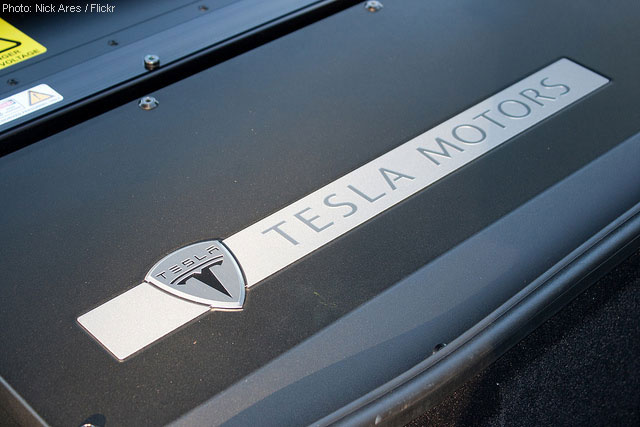In a Q&A session with Electrek, Dahn revealed that he had actually “[written] down the goal of doubling the lifetime of the cells used in the Tesla products at the same upper cutoff voltage”.
“We exceeded that in round one”, he noted, adding that that “was the goal of the project and it has already been exceeded.”
Considering that Dahn’s partnership with Tesla (NASDAQ:TSLA) only began in June last year, and that his team just started to ‘go into the company’s products’ in February of this year, achieving what they did is quite an impressive feat.
Apparently, they were able to devise a method that tests battery longevity by identifying which chemical changes that happen during charging and discharging cause battery cells to degrade over time. Through this, they were able to single out an aluminum coating that barely showed any sign of degradation at all.
The focus of their research was on the Nickel Manganese Cobalt Oxide (NMC) battery cells used by Tesla for its Powerwall and Powerpack products, and the Nickel Cobalt Aluminum Oxide (NCA) battery cells used for its electric vehicles.
They’re quick to clarify that they aren’t claiming they perfectly understand the chemistry behind the degradation. The main thing is, the machines they developed allowed them to test new chemistries faster and with higher accuracy. This, in turn, enabled them to make significant discoveries about the longevity of the cells.
To be more specific, their new methods of testing led them to the discovery that among all the materials included, a specific kind of aluminum coating outperformed everything else. The tests showed that under numerous cycles at moderate temperature, the aluminum-coated cells hardly showed any degradation. And under difficult conditions, the cells showed very little degradation.
Dahn believes that due to the toughness of the aluminum coating, it is likely that the batteries could last 20 years. And even though the impact of these discoveries remains confidential for now, it isn’t difficult to speculate that with such kind of expected longevity incorporated into its batteries, Tesla products will become more appealing to customers. And that includes their energy products as well as their electric vehicles, of course. This won’t just mean bigger revenue for Tesla. With more customers going green, it will be a big win for the environment too.
Dahn and his team will continue to do further research. With their track record so far, that’s more than enough time to perfect their battery technology and push Tesla’s name and its stock to higher highs.



Leave a Reply